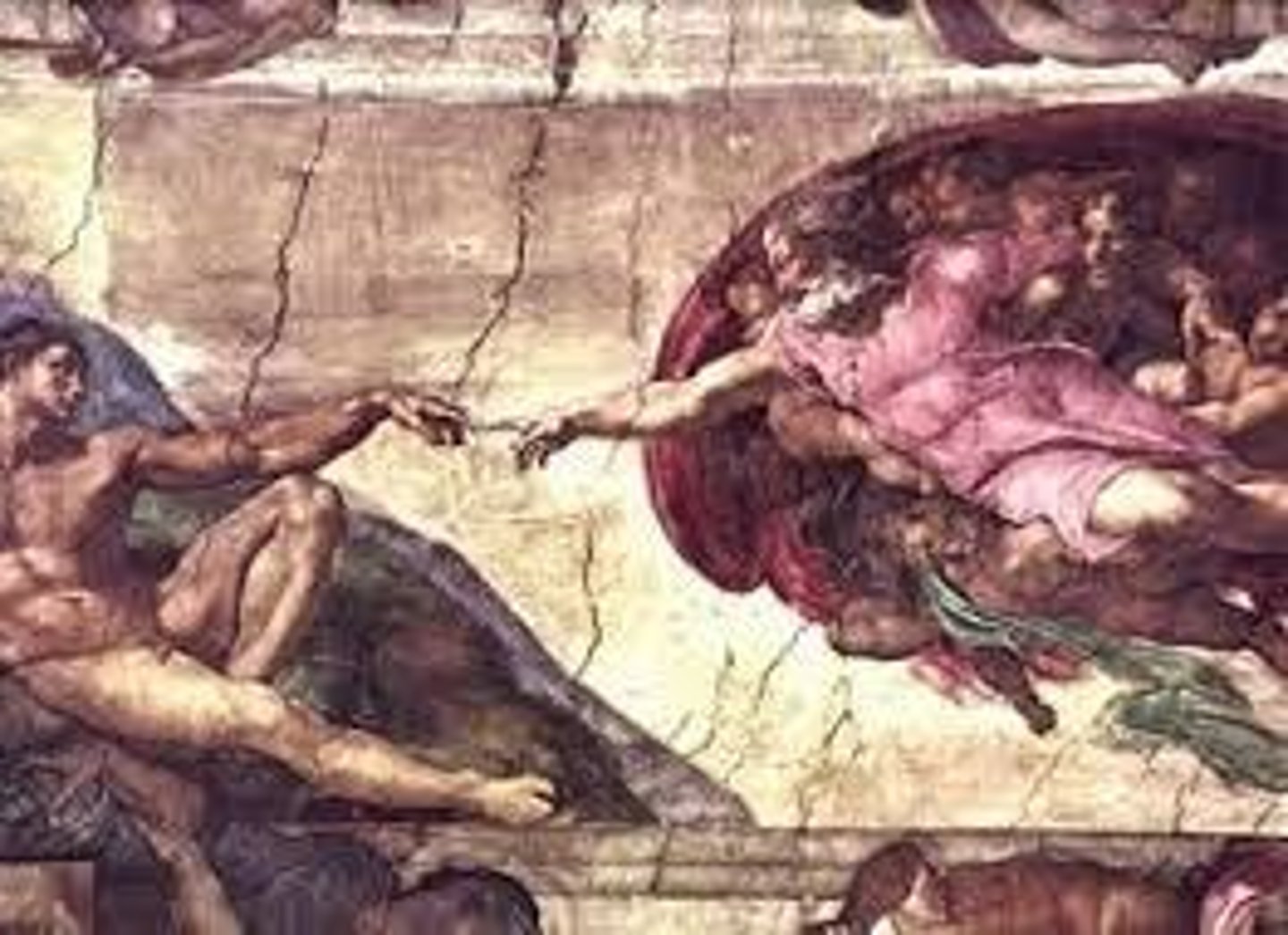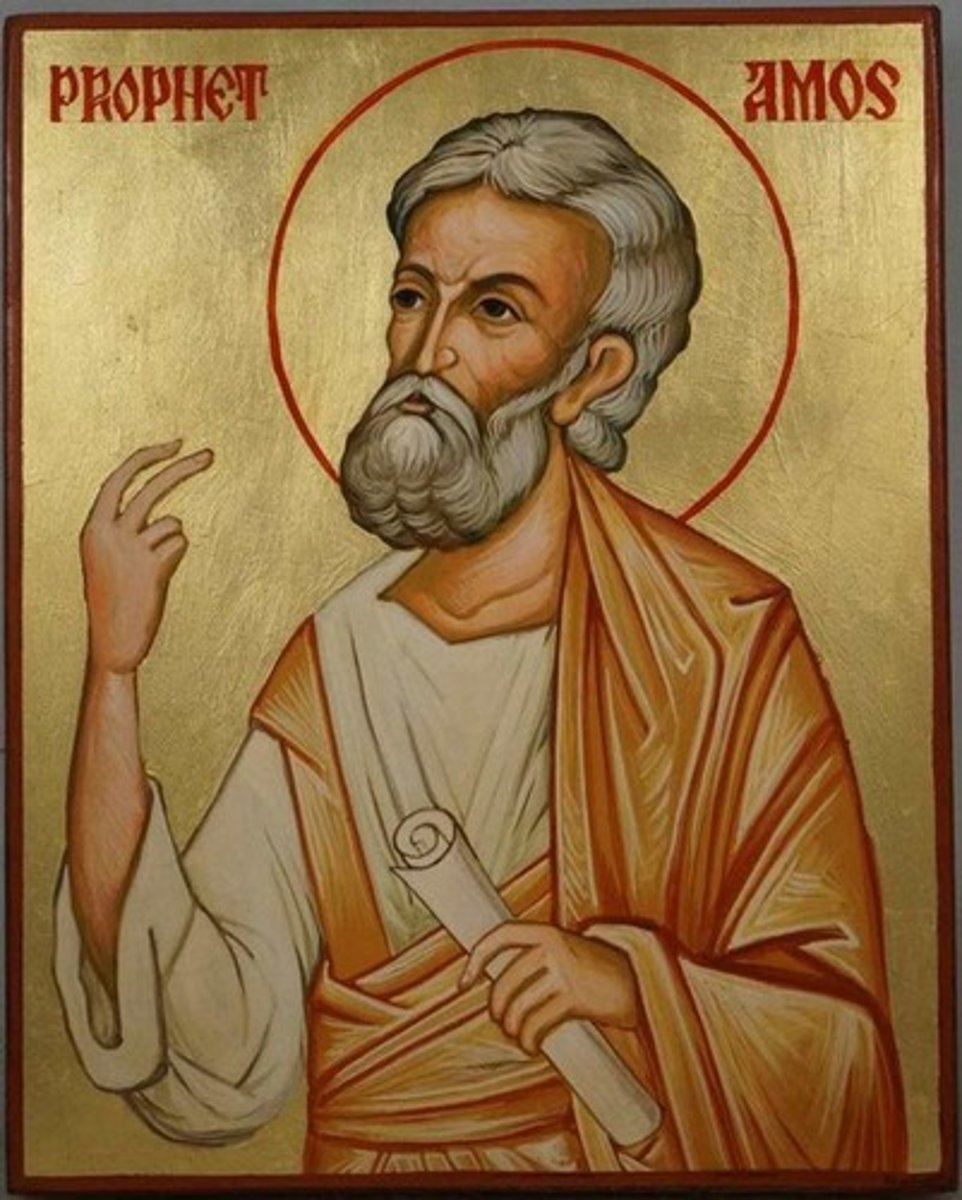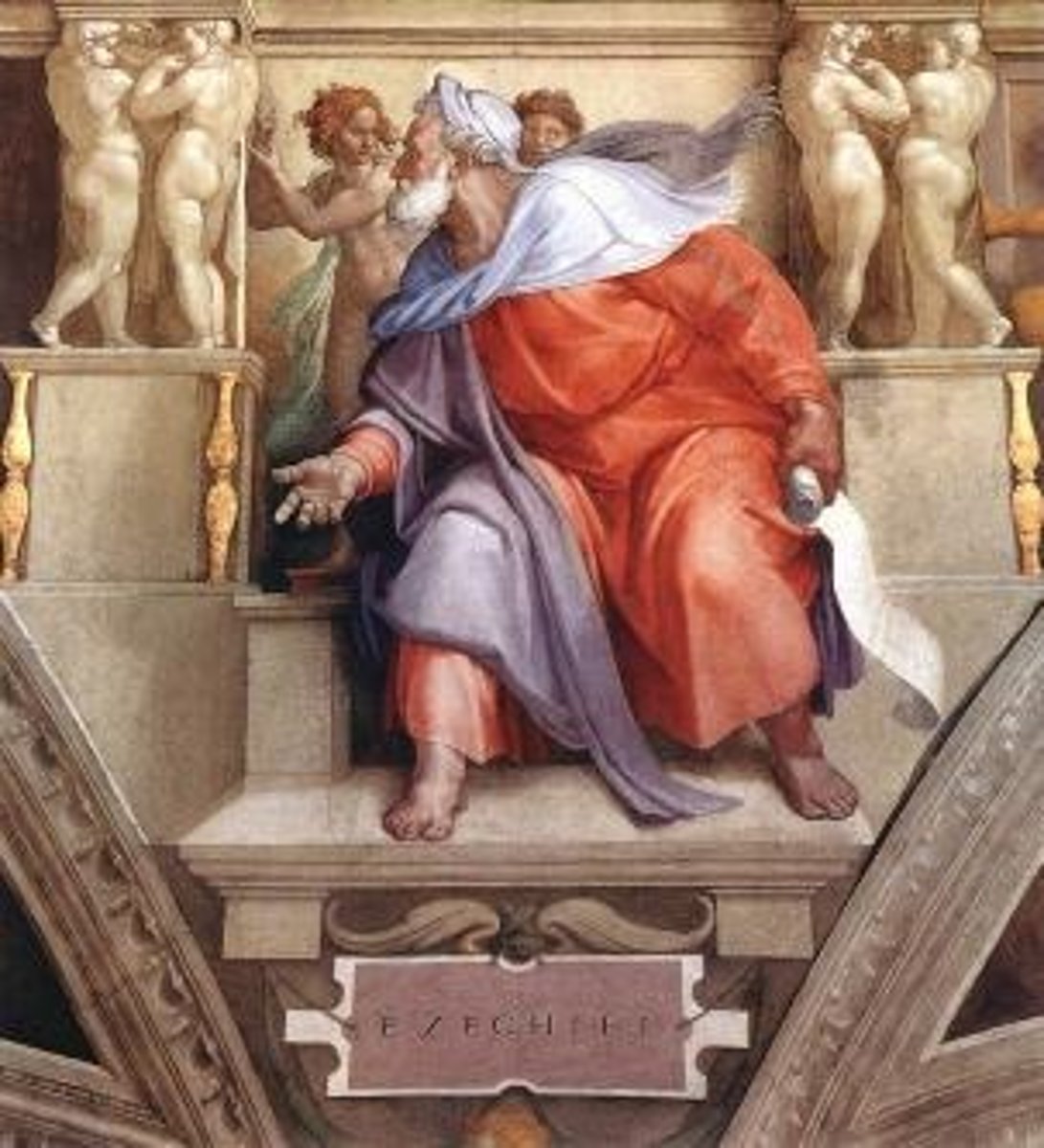Jewish Ideas of God, History, and Moral Autonomy in Ancient Israel
1/18
There's no tags or description
Looks like no tags are added yet.
Name | Mastery | Learn | Test | Matching | Spaced |
|---|
No study sessions yet.
19 Terms
What is the significance of monotheism in Israelite belief?
Monotheism, proclaimed by Moses, suggests that the Israelites believed in one God, Yahweh, who was seen as the greatest of all gods.
How is Yahweh characterized in terms of power compared to other gods?
Yahweh is described as omnipotent, meaning He is all-powerful and sovereign, unlike other gods whose powers are limited.
What does it mean for Yahweh to be transcendent?
Yahweh is not part of nature but is the creator and master of nature, contrasting with Near Eastern divinities that dwelt within nature.

How do the Hebrews view the goodness of God?
The Hebrews believed that God is inherently good, making ethical demands on His people and showing mercy, unlike the often cruel pagan gods.
What four ideas about God differentiated the Hebrews from other peoples?
The four ideas are: God is one, sovereign, transcendent, and good, which led to a religious revolution.
How did the Hebrew understanding of nature influence their view of God?
The wonders of nature led the Hebrews to praise God's glory rather than pursue scientific curiosity, viewing creation as orderly.
What is the concept of autonomy in relation to the individual in Hebrew thought?
Autonomy refers to the belief that humans, created in God's image, have the freedom to choose between good and evil, but must do so in accordance with God's law.
How does the covenant with God affect the Israelites' identity?
The covenant differentiates the Israelites from other peoples, emphasizing their role as a light to the nations and requiring fidelity to the Law.
What central theme is emphasized in the Law given to the Israelites?
Justice is the central theme, which includes duties to neighbors and protections for vulnerable groups such as the poor and orphans.
How were women treated under Jewish law?
Women were considered persons with protections under the law, although they were often subservient to their husbands.
What is the Hebrew idea of history regarding God's involvement?
The Hebrews viewed history as shaped by singular events where God actively reveals Himself, such as the Exodus and the giving of the Law.
What future hope did the Jews have according to their beliefs?
The Jews looked forward to a glorious age of peace and prosperity established by God.
What role did the prophets play in Hebrew society?
Prophets acted as God's messengers, calling people back to fidelity to the covenant and emphasizing social justice.

What was the focus of the prophetic movement in the eighth century BC?
The movement emphasized social justice, addressing the growing gap between the rich and poor in Israel.

What are the two tendencies reflected in Hebrew thought?
Parochialism, emphasizing Israel's uniqueness, and universalism, promoting the unity of all people under God.
How did the prophets contribute to the concept of individualism?
The prophets stressed the worth and dignity of the individual, emphasizing personal responsibility for one's actions.
What legacy did monotheism leave for Western civilization?
Monotheism initiated a process of self-discovery and moral responsibility, influencing concepts of human dignity and free will.
How did Christianity emerge from ancient Judaism?
Christianity, essential to Western civilization, emerged from Judaism, sharing beliefs in monotheism, moral autonomy, and Hebrew Scriptures.
What is the significance of the belief in a Messianic Age?
The belief in a Messianic Age provided hope for justice and betterment, influencing reform movements throughout Western history.